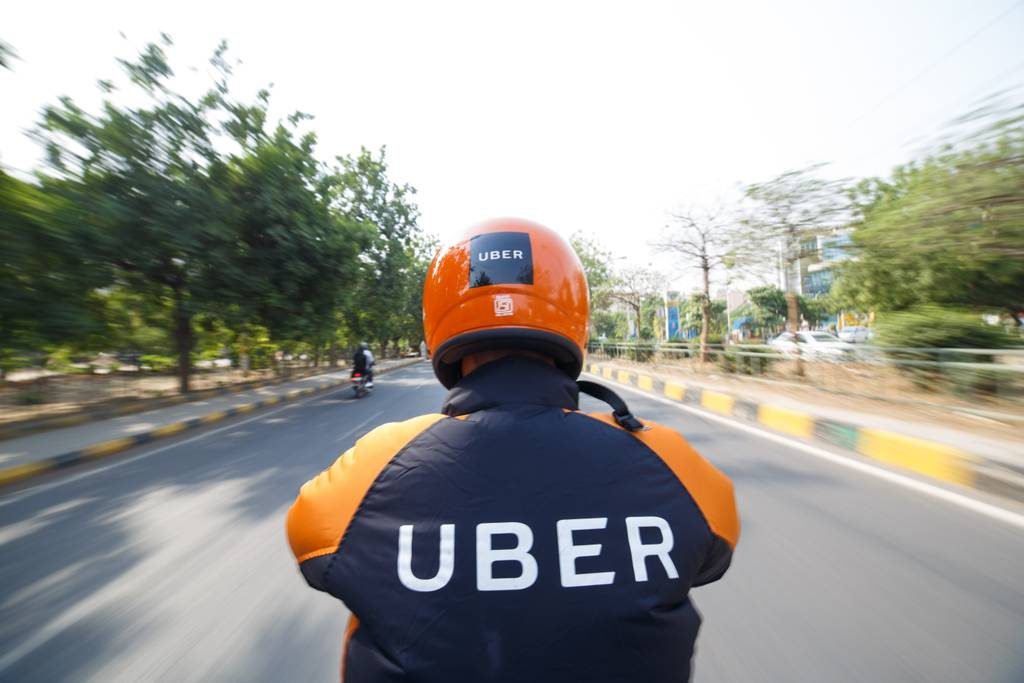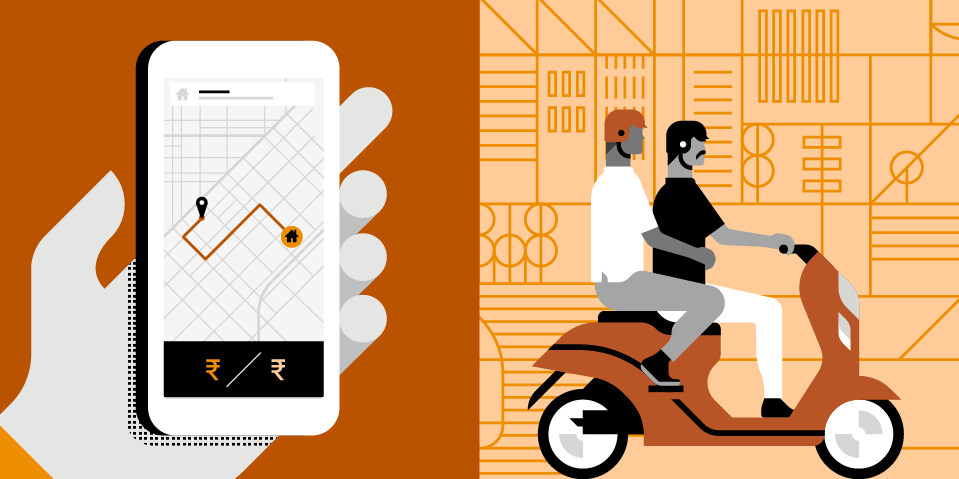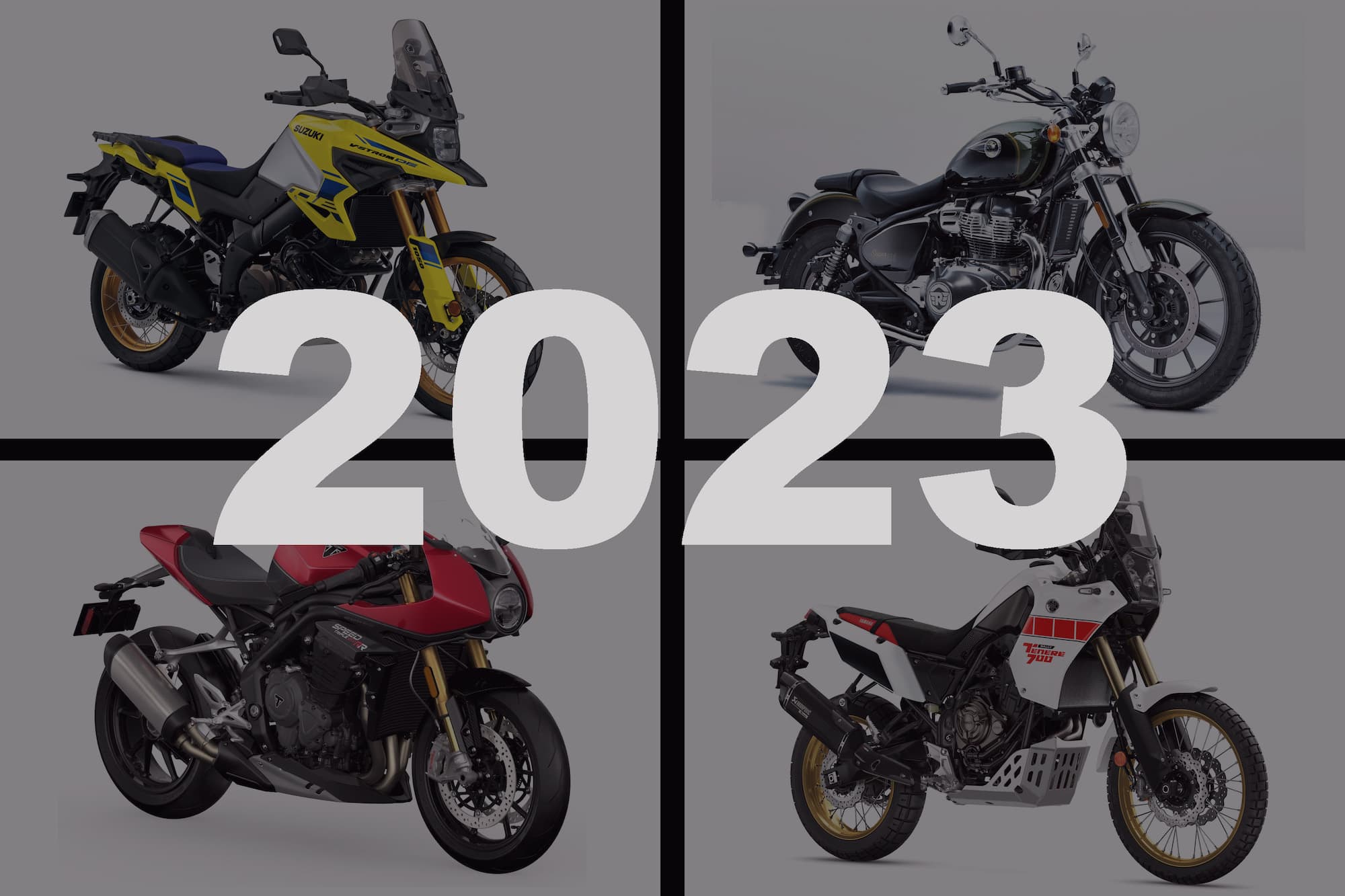Uber Isn’t Happy With Delhi Government’s Move To Only Let E-bike As Taxi As This Can Affect Around 1 Lakh Riders Around The Country.

Uber Isn’t Happy With Delhi Government’s Move To Only Let E-bike As Taxi As This Can Affect Around 1 Lakh Riders Around The Country.
The Delhi Government is currently developing a legislative framework that would permit two-wheelers to operate as taxis with commercial registration after abruptly banning their use in the capital city. The government is worried about the rising pollution levels in Delhi; therefore, the new framework probably won’t permit anything other than Electric Vehicles (EVs) to operate as bike taxis.
The usage of two-wheeled taxis was banned by the Delhi government’s transport department with immediate effect because of the violation of the Motor Vehicle Act, of 1988. The authorities of the capital city recently declared that anyone caught using a private vehicle for business will be fined up to Rs 5,000.
The action signals the country’s ambitious shift to sustainable energy mobility and electric vehicles.
Sources reported that Delhi’s plans, which are part of a new policy to govern vehicles used by ride-hailing businesses like Uber and competitor Ola, are being finalized and will be implemented soon.
These plans could not be verified right away.
If put into practice, this would be a bold move in the direction of the country’s goals to accelerate the switch to clean-energy cars in order to reduce oil imports and reduce pollution.

This decision of the Delhi Govt. to restrict bike taxis by permitting only electric vehicles drew criticism from Uber Technologies Inc. The company stated in a blog post that the move ran the risk of “finishing off the sector,” may have an impact on the livelihood of over 100,000 city drivers, and could disrupt the mobility requirements of at least a million commuters.
Steep and impractical EV standards run the risk of wiping out the sector, the San Francisco-based company wrote in the post. It is obvious how such a choice will affect the livelihoods and transportation requirements of millions of Delhi residents.
The taxi aggregator app Uber also stated the need for “level-playing fields” across industries and urged the local government to start talks to forge a cooperative path of action.
The time is opportune for a wider industry discourse as the Delhi government considers a legislative framework that will probably only let EVs run as bike taxis, the blog post stated.
The Delhi government issued newspaper advertisements advising against the use of digital platforms that provide two-wheeler bike taxi services as they go against some existing transportation regulations.
In response to a request for comment on the advertisement, Uber remained silent.
By 2040, the corporation wants all of its trips to be made using micro-mobility, public transportation, or zero-emission vehicles, including in India. Uber previewed plans to roll out 25,000 EVs in India over the course of three years earlier this month.
Electric vehicles will still make up a small portion of Uber’s 300,000-strong active fleet in India. Uber provides bike rides in Delhi and several other Indian states,
In its most recent annual report, Uber provides information on how Indians used its services in 2022. According to the research, Indians will have traveled in Uber cabs for around 11 billion minutes in 2022.
According to the report, Bangalore, Hyderabad, Mumbai, and Kolkata were the top five cities with the most Uber trips in 2022, followed by Delhi-NCR.

The decision of the Delhi Government to use EVs as bike taxi
Users of bike taxis in the city, who relied on the service as a cheap and dependable mode of transportation, were shocked by this news. Strangely, despite the fact that delivery businesses like Swiggy, Zomato, and Zepto all use private automobiles for business purposes, the prohibition only applies to two-wheelers used by ride-hailing apps like Ola, Uber, and Rapido.
An industry body named Internet and Mobile Association of India (IAMAI) sent a memo to the transport division of the Delhi government asking the government to consult with all parties before enforcing penalties against bike taxi drivers.
The Delhi government’s transport commissioner, Ashish Kundra, stated that the government is now reviewing the IAMAI’s proposal and has not yet begun any new negotiations with the ride-hailing services or two-wheeler taxi drivers.
According to Kundra, who spoke about the ban, the manner bike taxis have been operating in the capital city is totally illegal. He listed three key issues with bike taxis: lack of safety features, lack of regulation, and environmental danger. He noted that “the majority of bike taxis are used or third-hand, very polluting vehicles, and the [cab hailing] platforms do not do any checks on this.”
The safety of female users is also a worry because bike taxis lack the security elements found in three- or four-wheeled taxis, Kundra continued. To enhance the security of female passengers, the new framework, which has not yet been implemented, mandates that bike taxis be equipped with GPS trackers.
The use of two-wheelers for the transportation of goods without commercial registration is a gray area, and the government has not yet decided what it thinks about it, according to Kundra.

How will the move affect the people and companies like Uber?
Increased demand for first and last-mile connectivity, an increase in the popularity of on-demand ride-hailing services, and rising traffic congestion in Indian cities are driving the market for bike taxis to expand.
Due to their many benefits and the market gap, the demand for bike taxis cannot be denied.
Although India has had bike taxis since the 1980s, their popularity didn’t really begin until recently because of stringent government regulations. Bike taxis started upsetting the local transportation system in Indian cities just after the success of ride-hailing services, and the populace there adores the choice.
To meet the growing demand for bike taxis, big players like Uber, Rapido, and other similar companies provided the service of bike taxis with convenient pick-up and drop-in locations, which encouraged consumers to use these rides.
But now as the number of bike taxis has increased, this sudden decision can affect many of the riders out there who don’t own an EV bike.
The Delhi government’s Transport Department has issued a notification in this regard. According to the notice, there is a Rs. 5,000 fine for the first infraction and a Rs. 10,000 fine, and up to a year in jail for the second offense. The driver may also lose his license for three months in certain situations.
The potential of bike taxis in order to help the traffic is large, but proper planning and necessary steps are necessary to boost this segment in the local economy while helping people to save time and also in favor of the drivers of taxi bikes.
Edited by Prakriti Arora


